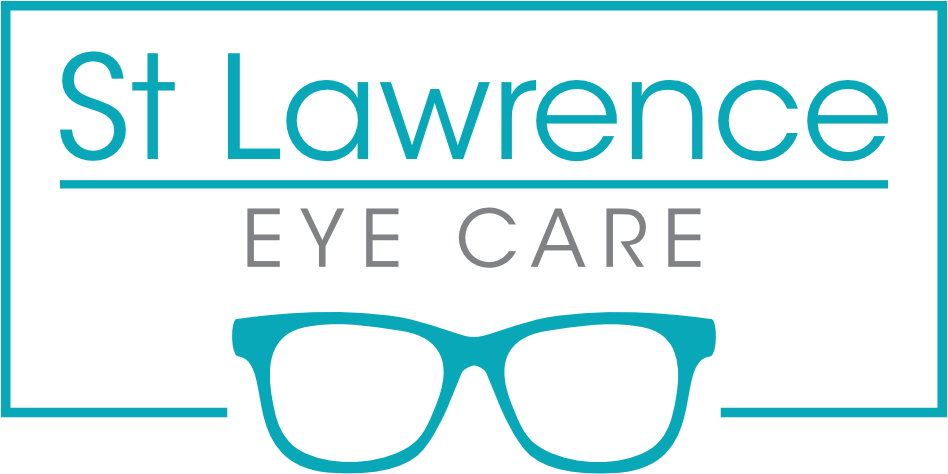
Implementing a healthier diet has been proven to help manage body weight and is beneficial for lowering risk factors of many systemic conditions. A healthy diet has also been proven to help maintain healthy vision by reducing the risk of cataracts, macular degeneration and other ocular problems. Adding some powerful antioxidants to your diet can help improve your eye health.
Here are some common vision problems that can benefit from vitamins and micronutrients:
Macular Degeneration
Macular Degeneration occurs when the small central part of the retina, known as the macula deteriorates. This condition can cause severe and irreversible vision loss that typically affects people over the age of 60. Research shows antioxidants such as Vitamin C, E and beta-carotene can help reduce the progression of age-related macular degeneration. Vitamin C is found in many fruits and vegetables. Vitamin E is found in nuts, fortified cereals and sweet potatoes. Beta-carotene containing foods include carrots, butternut squash, and sweet potatoes.
Individuals who have been diagnosed with moderate macular degeneration can benefit from the supplementation of lutein and zeaxanthin. These antioxidants are commonly found in dark, green, leafy vegetables such as spinach, kale, and collard greens. Scientific research shows it may help slow down the progression from moderate to advanced macular degeneration.
Dry Eye
Dry eye is a multifactorial condition that can benefit from some supplementation. Studies show omega-3 fatty acids can help with symptoms of dry eye. Food sources include:
- Oily fish such as anchovies, herring, salmon, sardines
- Flaxseed or rapeseed oils.
- Tofu, eggs and walnuts.
- Taking Omega 3 supplements.
What can negatively impact my eyes?
Smoking: this can increase the risk of cataracts and macular degeneration, while also inducing diabetes-related sight problems.
Alcohol: consuming excessive amounts of alcohol can lead to an eye condition called toxic amblyopia, which can lead to reduced vision (and blindness, if the case is severe enough).
Medication: many prescribed medications can have ocular side effects. Discuss with your optometrist if you are experiencing vision changes or other eye-related adverse effects.
Maintaining a consistently healthy diet will improve your overall general health as well as other bodily conditions, while also maintaining healthier vision. Taking the steps to prevent any vision deterioration and impairment by changing your diet will help prevent and/or slow the progress of some eye diseases.
For more information on the correlation between nutrition and vision, as well as any information on the vision conditions mentioned above, don’t hesitate to ask at your next local eye exam in Toronto at St. Lawrence Eye Care.
Related: The Connection Between Sleep and your Vision Health.
